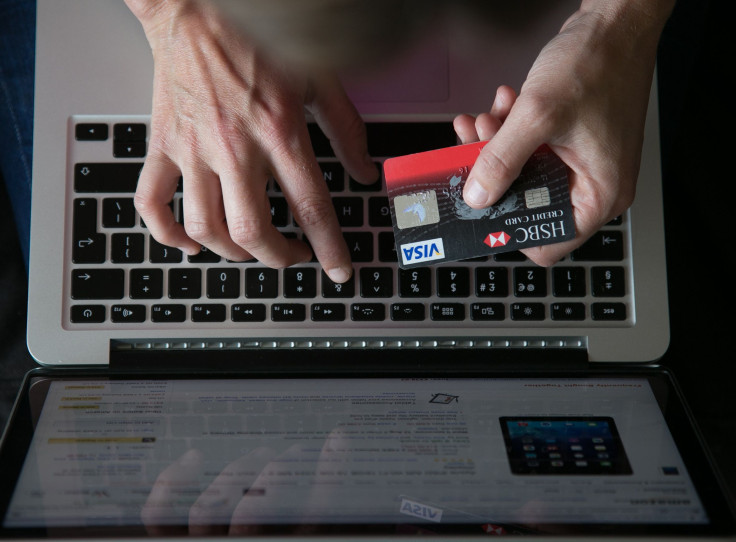Are You At Risk For Identity Theft? How To Avoid Being Hacked

How much care do you take to make sure your most valuable information is secure? If your answer is “very little,” or “I’m too lazy,” you’re far from alone.
More than one in eight Americans have had their identities stolen at some point in their lives, according to a new study from consumer financial services company Bankrate published Tuesday. More than one in seven people know someone who has suffered identity theft.
But Americans aren’t taking much precaution to avoid such hacks, according to the study. A whopping 42 percent of respondents said they didn’t regularly check their credit reports, 38 percent logged into their bank accounts using unsecure WiFi networks and 28 percent said they used the same password for all or most of their accounts.
Millennials, who skew less adept and more tech-friendly when it comes to personal finance, were the study’s worst offenders for careless identity security practices: Among 18- to 29-year-olds, about half recycled passwords most or all of the time, the study said. Still, when it comes to checking their credit reports, millennials scored second highest, beating baby boomers and those over 64 years old.
The study’s general results are in line with a March Federal Trade Commission report on the top consumer complaints of 2015. Identity theft came in second to unlawful debt collection, with reported instances of the former increasing 47 percent from 2014, and had been the top category for the past 15 years.
And identity theft has certainly made news in the past few years. On Sept. 22, Yahoo confirmed that hackers had stolen data from at least 500 million of its users’ accounts. In March of 2015, Target doled out $10,000 to every customer who had been victimized by a 2013 data breach.
So if Americans are more aware of identity theft than ever, why are so few taking the necessary precautions to avoid it?
“People just think they have no ability to protect themselves,” Bankrate analyst Mike Cetera told IBTimes. “People see the Yahoo data breach and think, ‘I did nothing wrong, here—what can I do to avoid this?’”
Cetera advised keeping a security freeze on your credit account, which may delay or prevent you from getting quick loan, credit, mortgage or insurance approval, but allows you to control who has access to your credit report.
“You’re protecting yourself from scammers trying to open credit accounts in your name,” Cetera said, acknowledging that while it may make some transactions a hassle, “it’s really the risk you’re willing to take versus the inconvenience you’re willing to make.”
The study analyzed survey responses from 1,000 adults in the U.S. and had a margin of error of plus or minus 3.8 percentage points.
© Copyright IBTimes 2024. All rights reserved.





















